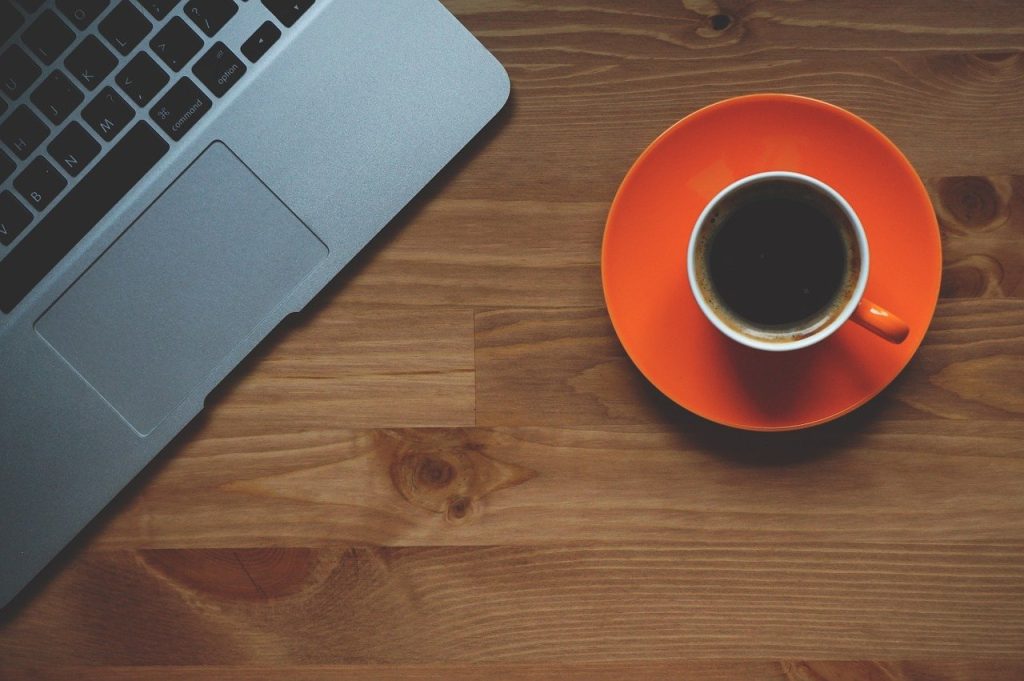On every high street, coffee shops are the setting for lunch breaks and catch-ups with friends. It’s considered polite to offer caffeinated drinks to our guests. And, of course, we’re all familiar with that mid-afternoon feeling where we’d like nothing more than to go back to bed but instead stick the kettle on for an instant energy boost. However, there’s a better alternative to tea, coffee, and energy drinks, one that makes us alert for longer, doesn’t have the health risks of addiction and higher blood pressure, and costs absolutely nothing — napping.
It might be thought of as only for babies and the elderly, but napping can be beneficial for people of all ages. It not only reduces tiredness and increases alertness and reaction times, but can also make you more relaxed, improve your mood, and even boost your creativity and memory. What’s more, napping for just 20 minutes can give you as much energy as two cups of strong coffee. With all these benefits, it’s no wonder that many cultures worldwide see napping not just as a good idea but as a vital part of the day.
 A great coffee alternative in the form of another hot drink.
A great coffee alternative in the form of another hot drink.
Obviously, it’s not always possible to take a nap to relieve tiredness, but there are some times when it could be important to your safety — for example, before you are due to drive. It’s common knowledge that you shouldn’t drive while tired, and while it is, of course, best to get a good night’s sleep before you drive, if this isn’t possible, then a short nap before you set off could dramatically reduce the risk of an accident. Napping is also useful if you ever have to work night shifts or if you need to stay up late for any other reason.
So, how can you take a nap that will boost your health and reduce tiredness?
- The best time to nap is in the afternoon, around 2pm. Napping too late in the day may interfere with your ability to sleep well during the night.
- The ideal nap is a short one — about 20 minutes. This allows your nervous system to turn off and your body to recharge. If you nap for 30 minutes, though, you will have reached a deep enough sleep that you may feel more groggy and disoriented when you wake up.
- Your surroundings can really affect the quality of your nap. Make sure that the room is at a comfortable temperature. Lots of people struggle to sleep during the day, so try to block as much noise and light from the room as possible. And it is extremely important to sleep on a comfortable bed with a mattress that properly supports you, as an uncomfortable mattress will not only decrease the quality of your nap but will make it more difficult to fall asleep in the first place.
Are you ready to kick your coffee habit and embrace napping instead?